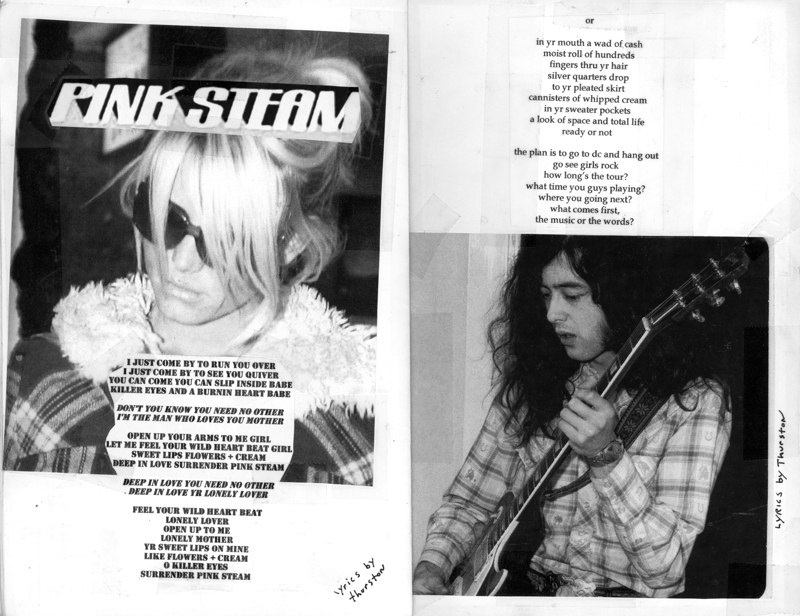| racehorse |
08.15.2007 06:08 PM |
Quote:
Originally Posted by Rob Instigator
pure and simple ignorance on yr part my friend, and I do not mean that as an insult, just as a statement of your lack of knowledge on this musical issue.
If you were to hear 20 recordings of beethoven's Violin concerto you would hear 20 different interpretations of the sheet music you assume they all follow by rote.
A concert violinist that can play this music as if it was just written, bringing vibrancy and showing nuances that others had not explored is something to be treasured, and is most aassuredly BRILLIANT and TALENTED.
|
oh come on, i wasn't at all saying that the hypothetical musician wasn't at all talented. i was raising a question, using those two analogies to demonstrate the confusion and dislike i have over the term "talent" when used by mainstream music literature and the listening public.
i wasn't relaying my personal opinions in the slightest. the vast majority of the listening public would call one musician talented and the other untalented. however, who are we to say which has a greater artistic value? that's all i was saying.
regarding classical music: to lend individual interpretation to a piece of music is obviously a skill that is hugely difficult to aquire, and takes a massive amount of sensitivity and creativity. this i agree with you on one hundred percent. i play the piano classically myself, and even if i don't do it very well, it really is the most wonderful aspect of playing.
p.s. when i said " following sheets of music that have been played in the same way for 300 years" i was regarding baroque piano/harpsichord music. it is actually almost impossible to perform a truly individual interpretation of most of the baroque keyboard works without actually altering the notes (something bach actually encouraged but which hardly anybody does). musicians have to inject personality with dynamics (which is impossible on a harpsichord) and these are dynamics which, for the most apart, are the dynamics widely encouraged and accepted by the scholarly institutions.
record labels, audiences and scholars obviously don't want to see their music slaughtered in this way so there is a limited creativity, which is on the opposite end of the spectrum of free improv. that is why i used the two examples. |




